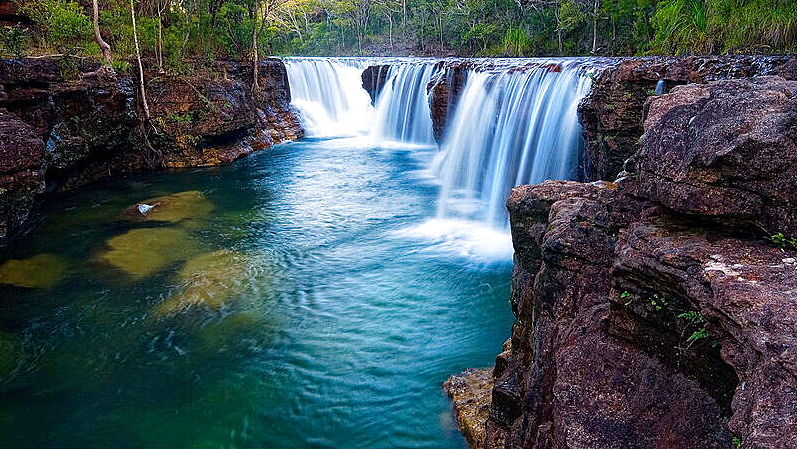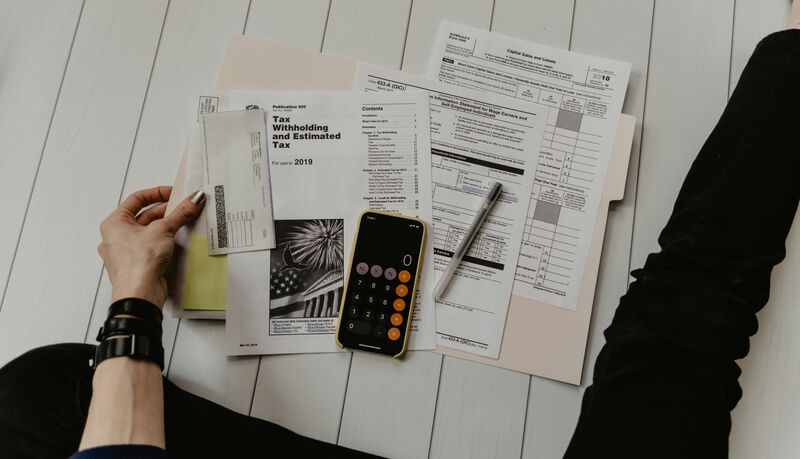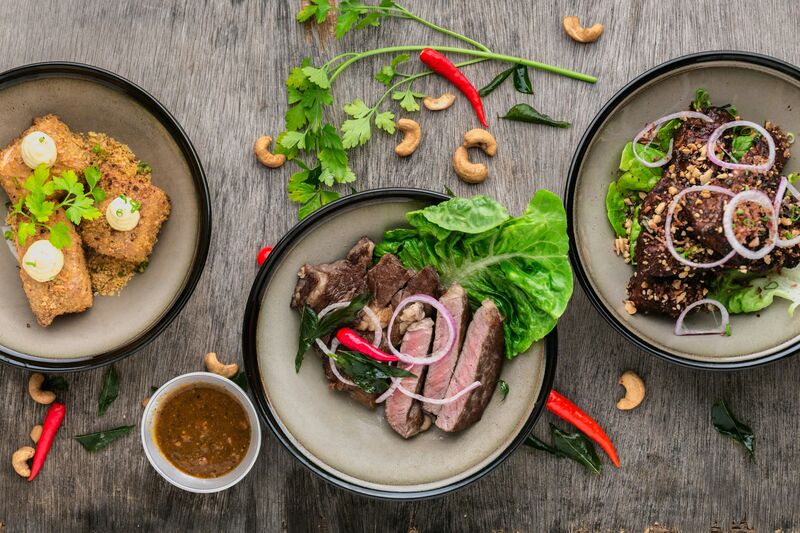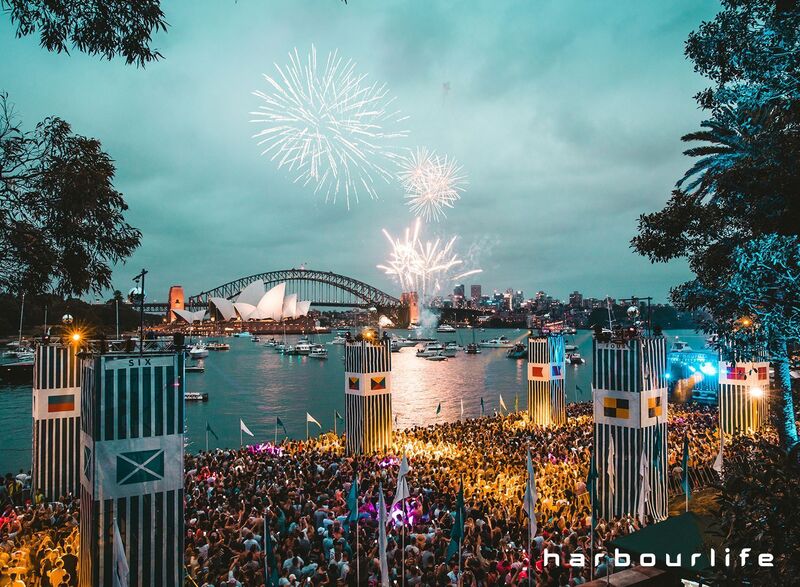Introduction
G'day! So you're thinking about making the big move to Australia? I get it – between the endless beaches, laid-back lifestyle, and those adorable (yet terrifying) wildlife encounters, it's pretty tempting. But here's the thing: moving Down Under isn't just about throwing another shrimp on the barbie (and yes, we actually call them prawns).
I've helped dozens of people navigate this journey, and trust me, there's way more to consider than just which sunscreen to pack. From wrestling with visa paperwork that seems designed by someone who clearly hates trees, to figuring out why a coffee costs more than your lunch back home, Australia's got its quirks.
This guide is everything I wish someone had told me before I made my first Aussie adventure. No sugar-coating, no "everything's perfect" nonsense – just the real deal on what it takes to actually make it work here.

Visa Programs
- Skilled Migration Visa (Subclass 189): Points-based, no employer sponsorship, permanent residency pathway.
- Employer Sponsored Visa (Subclass 482): Temporary work visa, employer sponsorship, pathway to PR.
- Working Holiday Visa (Subclass 417): For 18-30 year olds, valid 12 months, can be extended.
- Student Visa (Subclass 500): For international students enrolled in a registered course of study in Australia.
- Partner Visa (Subclass 820/801): For partners or spouses of Australian citizens, permanent residents, or eligible New Zealand citizens.
- Business Innovation and Investment Visa (Subclass 188): For people who want to own and manage a business or invest in Australia.
- Temporary Graduate Visa (Subclass 485): For recent graduates from Australian institutions to live, study, and work after finishing their studies.
Real Talk: Australia's basically playing favorites with their visa system – they want people with skills they need, and they're not shy about it. If you're on a working holiday visa, you'll need to do your time in regional areas (think fruit picking in the middle of nowhere or serving tourists in small towns). It's like paying your dues.
And about those processing times? When they say "fast tracked," they mean maybe 2-3 months if you're lucky. Standard processing? Pack some patience – we're talking 4-6 months. I learned this the hard way when I applied thinking I'd have an answer in a few weeks. Spoiler alert: I didn't.
Premium Australia Working Holiday Visa Checklist
Planning to apply for an Australia Working Holiday visa? Our comprehensive checklist makes the process simple:
- Complete step-by-step application guide
- All required documentation and health checks
- Latest eligibility requirements and quotas
- Extension options and second/third year pathways
Skilled Visa Points Calculator
*This is a simplified calculator for estimation purposes only. For official assessment, use the official points calculator.
Most Popular Nomad/Expat Cities
- Sydney: Australia's largest city with stunning beaches and global business connections.
- Melbourne: Cultural capital with a thriving arts scene and café culture.
- Gold Coast: Beach lifestyle with 300 days of sunshine.
- Perth: Isolated but beautiful with amazing beaches and weather.
- Brisbane: Sunny, more affordable big city with warm weather and relaxed pace.
Hidden Gems: Everyone obsesses over Sydney and Melbourne, but honestly? Some of the best living is in places you've probably never heard of. Adelaide's got this amazing food scene, Hobart's quirky as hell, and the Gold Coast... well, it's basically Australia's Miami but with better coffee.
Here's what nobody tells you about Australian weather: it's HUGE and completely different depending on where you are. Brisbane feels like living in a sauna half the year, while Melbourne can literally have four seasons in one day (I'm not joking – I've needed a jacket, shorts, and an umbrella all before lunch). Your electricity bill will thank you for researching this stuff beforehand.
Cost of Living
| Expense | Monthly Cost (AUD) |
|---|---|
| Apartment Rent (1BR, city center) | $1,500 - $2,200 |
| Utilities (electricity, heating, water) | $200 - $350 |
| Internet (100 Mbps) | $60 - $90 |
| Mobile Plan | $20 - $50 |
| Groceries | $400 - $600 |
| Transportation (monthly pass) | $120 - $180 |
| Dining Out (meal for two, mid-range) | $60 - $100 |
| Coffee | $4 - $5 |
Money-Saving Reality Check: Want to live in Sydney or Melbourne without selling a kidney? Look 30-45 minutes out from the city center. Yeah, you'll spend more time on trains, but you'll save enough to actually enjoy your weekends instead of eating instant noodles.
Grocery shopping tip that saved my budget: Aldi is your best friend. Seriously, Coles and Woolworths will drain your bank account for the same stuff. Download Frugl or Half Price apps – they're like having a bargain-hunting assistant in your pocket. And Facebook Marketplace is pure gold for furniture. So many expats leaving the country practically give away their stuff because shipping it home costs more than buying new.
Tax System

Australian Taxation Office (ATO)
Tax Time Survival Guide: Heads up – Australia's tax year is backwards from what you might expect (July to June). I spent my first year completely confused about this. And if you're on a working holiday visa, they're going to take a bigger bite out of your paycheck from day one (15% right off the bat).
But here's the good news: Australians love their tax deductions, and you should too. Keep receipts for EVERYTHING work-related – your laptop, that ergonomic chair, even those steel-toe boots if your job requires them. I know people who've gotten thousands back just by being organized about this stuff. Don't be that person who hands money back to the government because you couldn't be bothered with paperwork.
Job Market and Salaries
- IT/Tech: $80,000 - $150,000 AUD
- Healthcare: $75,000 - $120,000 AUD
- Construction/Trades: $60,000 - $100,000 AUD
- Finance: $75,000 - $150,000 AUD
- Education: $65,000 - $95,000 AUD
The Job Hunt Truth: Here's something that'll either excite or frustrate you – Australia runs on the "mate's rates" system. Half the good jobs never even make it to job boards because someone's cousin's friend already got the heads up. Networking isn't just nice to have here; it's basically mandatory.
And forget everything you know about resumes. Australians want the full story – we're talking 2-4 pages of detail about everything you've ever done. They also care way more about whether you'll fit in with the team than just your technical skills. So when you're writing your CV, make sure you sound like someone they'd actually want to grab a beer with after work.
Job search sites: Seek, Indeed Australia, LinkedIn Australia, CareerOne
Culture and Lifestyle

The quintessential Australian outdoor lifestyle
- Outdoor lifestyle: Beach culture, sports, and barbecues
- Work-life balance: 38-hour work week standard
- Relaxed social attitude: Casual approach to hierarchy and formality
- Multicultural society
Cultural Code-Cracking: Australians have this thing where they'll cut you down if you get too big for your boots – it's called "tall poppy syndrome." Basically, don't be the person who name-drops their Harvard MBA every five minutes. They value being down-to-earth way more than being impressive.
Want to make friends? Join a footy club, cricket team, or surf life saving club. Australians bond over doing stuff together, not just talking. And start shortening your words immediately – "arvo" for afternoon, "brekkie" for breakfast, "servo" for gas station. You'll sound like a tourist until you start talking like you're allergic to syllables.
Healthcare
- Medicare: Australia's universal healthcare system provides basic coverage for citizens, permanent residents, and visitors from countries with reciprocal agreements.
- Private Health Insurance: Many Australians supplement Medicare with private insurance for additional coverage (dental, optical, private hospitals).
- Quality of Care: Australia consistently ranks among the world's top healthcare systems for quality and outcomes.
Healthcare Hacks: Here's a fun fact that'll hurt your wallet – Medicare doesn't cover dental. Getting your teeth cleaned here costs more than a weekend getaway. I know people who literally plan their Thailand holidays around dental appointments because it's that much cheaper.
For prescriptions, always ask for the generic version unless your doctor specifically says no. And sign up for the PBS (Pharmaceutical Benefits Scheme) – it's like a discount card for medications. Oh, and never try to book a specialist directly. Go through a GP first, or you'll pay full price and get zero Medicare rebate. Learned that one the expensive way.
Entertainment and Activities

Australia is famous for its vibrant festival scene (Credit: Falls Festival by Secret Sounds)
Australia is world-famous for its vibrant music festival scene, offering something for every taste—from massive EDM raves and boutique camping festivals to unique outback gatherings. Whether you love live music, art, or just a great party atmosphere, there's always an event to experience. For a comprehensive list of the best festivals across the country, check out 30 Music Festivals in Australia To Experience Before You Die by Jones Around The World.
Entertainment on a Budget: Going out in Australia can cost you a small fortune, but there are ways around it. Download TodayTix or Lasttix for last-minute deals on shows – sometimes you'll score tickets for half price just because you're flexible about timing.
Most museums have one free night a month (usually the first Thursday or something), and national parks are often free or super cheap with an annual pass. But here's the real secret: join your local suburb's Facebook group. That's where you'll find out about free community events, markets, and activities that the tourism websites never mention. It's like having local insider knowledge delivered to your phone.
Tips for New Expats
- Banking: Set up an Australian bank account as soon as possible.
- TFN & Medicare: Apply for a Tax File Number and Medicare card if eligible.
- Phone: Get an Australian SIM card with a local number.
- Transportation: Consider public transport in major cities. In regional areas or sprawling cities (Melbourne), consider an Australian driver's license.
- Social Integration: Join local expat groups, participate in community events.
"Australia isn't just a place you move to – it's a whole new way of looking at life. Fair dinkum."
The Bottom Line
Look, moving to Australia isn't going to be all sunshine and kangaroos (though there will be plenty of both). You'll deal with bureaucracy that makes no sense, pay way too much for things you took for granted back home, and probably get lost in the slang for the first few months.
But here's what I can promise you: if you stick with it, if you embrace the weirdness and roll with the punches, Australia will give you experiences and friendships that you'll carry with you forever. Just remember to pack sunscreen, bring your sense of humor, and maybe learn how to make a decent flat white. You're going to need all three.
*Note: All prices and information are approximate and subject to change. Always verify current information from official sources.*


